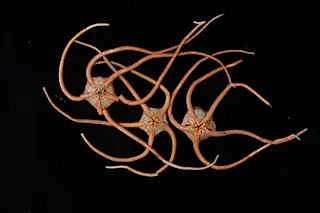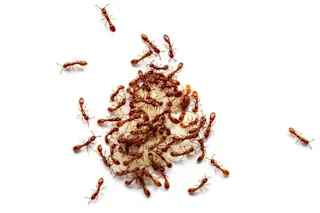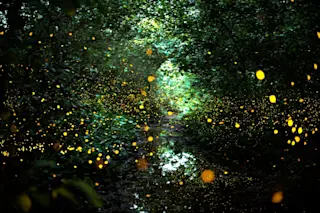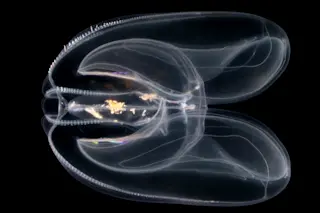It’s harder to stop and smell the roses these days, and not just because modern life is hectic. Thanks to generations of breeding for looks, roses’ scents have faded. Now, a team of geneticists say they’ve found the gene that gives roses their scent, and that discovery may help rose breeders produce sweeter-smelling roses again.
When you sniff a rose, you’re inhaling a mixture of hundreds of chemical compounds that add up to a pleasant scent. Most of those nice-smelling compounds are alcohols called monoterpenes. But many modern rose cultivars don’t produce as many monoterpenes as their ancestors once did. Natural selection originally put pressure on roses to evolve a sweet scent that would attract pollinators, but when rose breeders stepped in instead, things changed. “Rose breeders have focused on the most commercially important characteristics,” explained geneticist and study co-author Philippe Hugueney. Today’s roses were bred for attractive looks and ...













